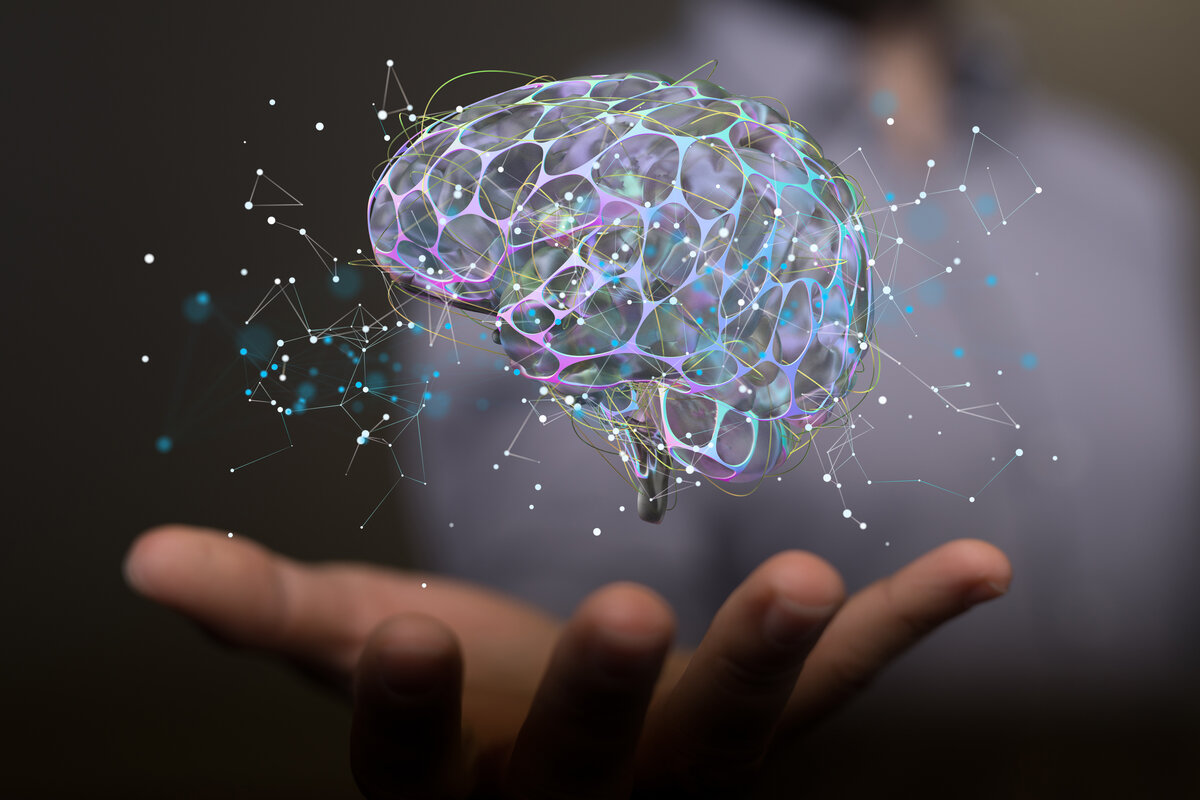A unique combination of economics and psychology
- 26.12.2024
- News Study Program

A focus on neuromarketing: how the brain influences purchasing decisions and the role of psychological insights in marketing.
The new Business Psychology degree program* at the University of Applied Sciences Kufstein Tirol combines business and psychology. Part 1 of the interview with Director of Studies Prof. (FH) Dr. Mario Situm sheds light on the motivation behind the degree program and its special content.
The full-time bachelor's degree program in Business Psychology* at the University of Applied Sciences Kufstein Tirol, which starts in the winter semester of 2025/26, combines economic processes with psychological knowledge and prepares students for the challenges of a digitalized working world. In the first part of the interview, Director of Studies Prof. (FH) Dr. Mario Situm talks about the motivation behind the degree program, its unique selling points, and the connection between theory and practice.
What was the motivation behind the introduction of the Business Psychology degree program*?
Prof. (FH) Dr. Mario Situm: The introduction of the Business Psychology degree program* at the University of Applied Sciences Kufstein Tirol was strongly motivated by the growing importance of the human factor in an increasingly digitalized working world. Despite the advance of digitalization and automation, people remain at the center of economic processes. Companies are recognizing that successful transformations and change processes can only be implemented sustainably and successfully if the behavior and needs of employees, customers and managers are fully understood.
The degree program takes these aspects into account by preparing students in a variety of courses to put the human element at the center of their work in a networked, dynamic working environment. Business psychologists are crucial to understanding complex interpersonal dynamics and harnessing them for successful change processes in companies.
What are the unique selling points of this degree program?
Situm: The degree program is characterized by its unique combination of economics and psychology. This interdisciplinary approach is a unique selling point that provides students with in-depth business-related knowledge while simultaneously teaching them to analyze and understand human behavior. This prepares them to incorporate both economic and psychological factors into decision-making processes in an increasingly complex working environment. Particular emphasis is placed on the specialist areas of industrial and organizational psychology, consumer psychology, neuromarketing and behavioral psychology. These areas are crucial to understanding the dynamics of companies and markets, and enable students to proactively address future challenges in human resources, marketing and change management.
In addition, great emphasis is placed on teaching intercultural and international skills / competencies. In the fifth semester, all students complete a mandatory semester abroad at a partner university, where they have the opportunity to choose a personal specialization and prepare for international work contexts. Practical experience is also a central part of the degree program: in two practical projects, students apply the knowledge they have acquired to real economic problems, enabling them to transfer their theoretical knowledge into practice.
How are the theoretical foundations of psychology linked to the practice of economics in the degree program?
Situm: We place a high value on combining theoretical knowledge with practical application. In our courses, both external professionals and internal professors impart practical knowledge, using a variety of practical examples to illustrate the theoretical content and provide targeted training in its application. In addition, two practical projects offer students the opportunity to apply the entire range of topics covered by the degree program – from business and consumer psychology to neuromarketing and organizational development – on the basis of real-life cases. This enables them to analyze real-life problems and develop practical solution approaches.
Guest lectures by experts in selected courses also open up new perspectives on key topics for students and promote exchange with practitioners. Events such as the Management Forum Kufstein or the Family Business Day offer further opportunities to make contact with business leaders, reflect on current problems and deepen the skills / competencies acquired in the degree program. These formats not only provide space for reflection on the content learned, but also opportunities for networking with experienced entrepreneurs.
What new skills and knowledge will students learn in the areas of neuromarketing and behavioral analysis?
Situm: In the area of neuromarketing and behavioral psychology, students learn how the brain influences purchasing decisions and how emotions can be used in marketing. They acquire practical knowledge in neuroscientific techniques such as fMRI, EEG and eye tracking in order to analyze consumer behavior in a targeted manner and develop effective marketing strategies. One focus here is on the ethical assessment of such techniques and their responsible application. In addition, they deepen their knowledge in behavioral psychology, for example, cognitive biases and social influences on consumer behavior. Through practical projects, they directly apply what they have learned and develop a deep understanding of the dynamics between human behavior and marketing.
*Start subject to approval by AQ Austria
